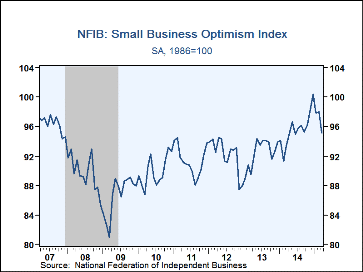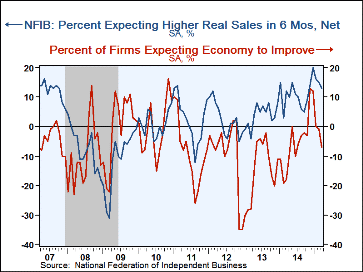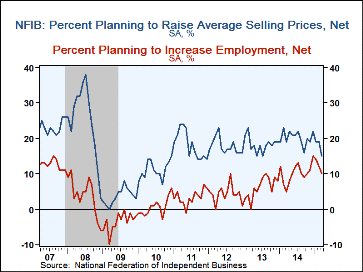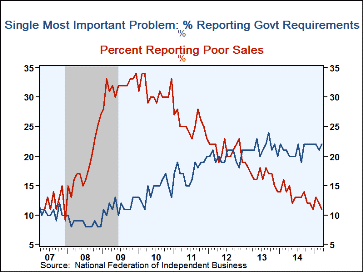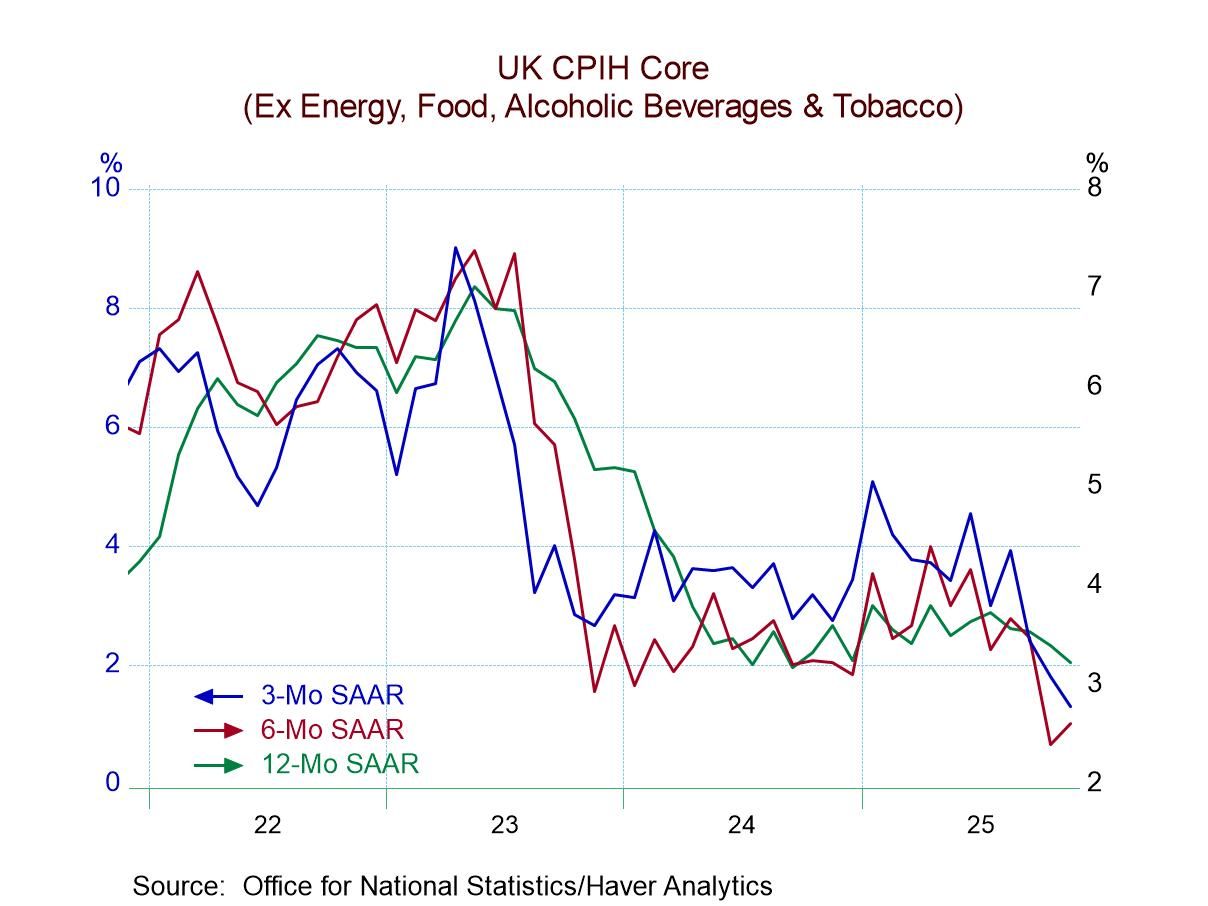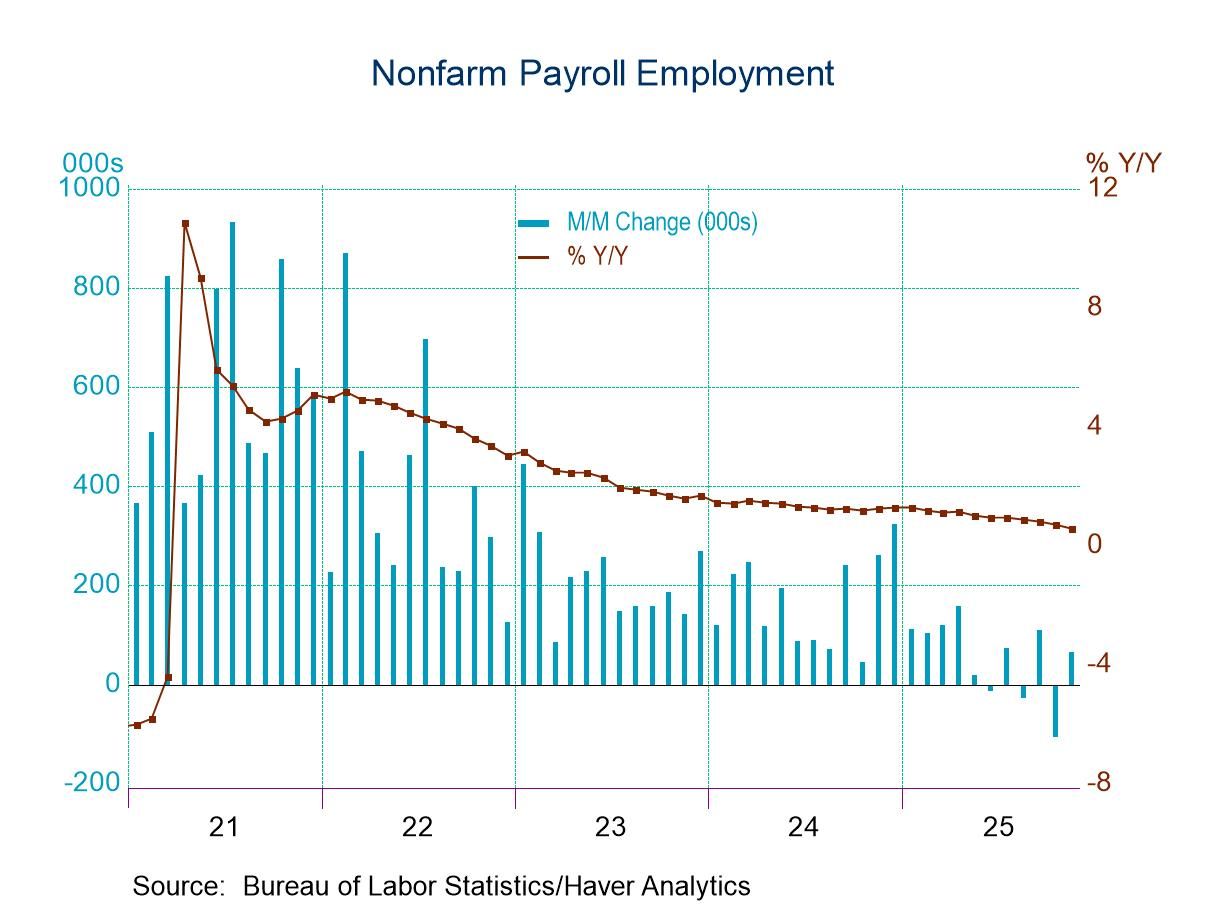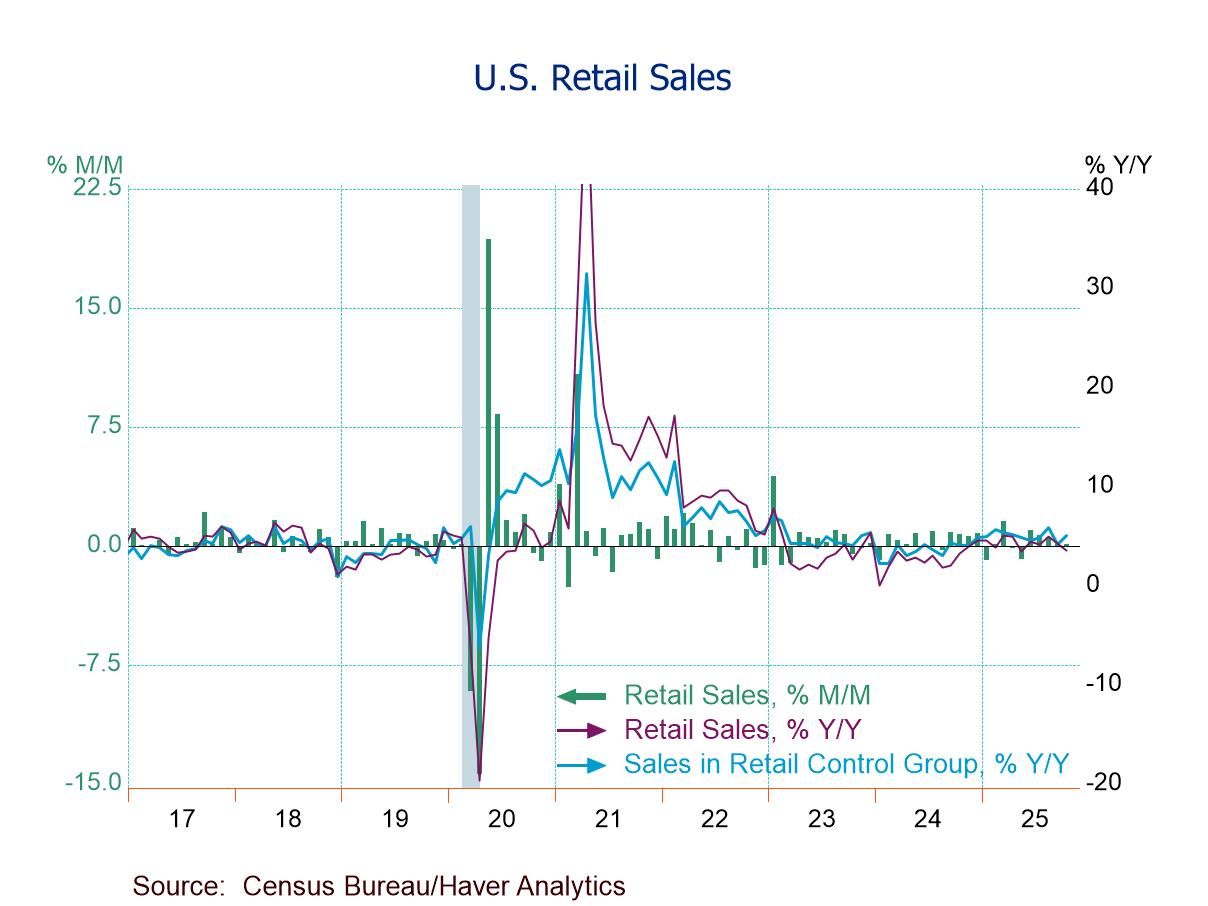 Global| Apr 14 2015
Global| Apr 14 2015U.S. Small Business Optimism Falls To Nine-Month Low
by:Tom Moeller
|in:Economy in Brief
Summary
The National Federation of Independent Business reported a March reading of 95.2 for its Small Business Optimism Index versus an unrevised 98.0 during February. The figure was its lowest since June of last year. Movement in the [...]
The National Federation of Independent Business reported a March reading of 95.2 for its Small Business Optimism Index versus an unrevised 98.0 during February. The figure was its lowest since June of last year.
Movement in the component series was negative last month. The percentage expecting the economy to improve dropped sharply to -7%, down from the November high of 13%. The percentage of firms expecting higher real sales slipped to 13 and was off the high of 20% three months ago. Also falling to 10% was the percentage planning to increase employment, down from the December high of 15%. The percentage indicating few or no qualified applicants for job positions declined m/m to 42%, the same as in January. The percent with positions not able to be filled right now reversed three months of increase and fell to 24%.
The percentage of companies indicating that now was a good time to expand the business dropped sharply to 10%, the lowest point since August. The percentage indicating that credit was harder to get rebounded to 5%, its most since November. The percentage planning to add to inventories reversed course with a decline to 1%, its least since August and the percentage planning capital expenditures in the next 3-6 months returned to its lowest point in six months.
On the pricing front, 2% of firms were raising average selling prices last month after none in February. The percentage planning price increases, however, fell to 15%, its least since July 2013. Labor's pricing power eased as the percentage of firms raising worker compensation recovered to a still-low 22%. The percentage planning to raise compensation edged down to 13%, near the middle of the last year's range.
The most important problems faced by small business were taxes (23%), government requirements (22%), quality of labor (12%), poor sales (11%), competition from large businesses (8%), insurance cost & availability (7%), cost of labor (4%), financial & interest rates (3%) and inflation (2%).
Roughly 24 million small businesses exist in the U.S. and they create 80% of all new jobs. The typical NFIB member employs 10 people and reports gross sales of about $500,000 a year. The NFIB figures can be found in Haver's SURVEYS database.
| National Federation of Independent Business | Mar | Feb | Jan | Mar'14 | 2014 | 2013 | 2012 |
|---|---|---|---|---|---|---|---|
| Small Business Optimism Index (SA, 1986=100) | 95.2 | 98.0 | 97.9 | 93.4 | 95.6 | 92.4 | 92.2 |
| Firms Expecting Higher Real Sales In Six Months (SA, Net %) | 13 | 15 | 16 | 12 | 11 | 4 | 2 |
| Firms Expecting Economy To Improve (SA, Net %) | -7 | -1 | 0 | -18 | -5 | -15 | -9 |
| Firms Planning to Increase Employment (SA, Net %) | 10 | 12 | 14 | 5 | 10 | 6 | 4 |
| Firms With Few or No Qualified Applicants For Job Openings (SA, %) | 42 | 47 | 42 | 41 | 43 | 39 | 35 |
| Firms Reporting That Credit Was Harder To Get (SA, Net %) | 5 | 3 | 4 | 8 | 6 | 6 | 8 |
| Firms Raising Average Selling Prices (SA, Net %) | 2 | 0 | 3 | 9 | 8 | 2 | 4 |
Tom Moeller
AuthorMore in Author Profile »Prior to joining Haver Analytics in 2000, Mr. Moeller worked as the Economist at Chancellor Capital Management from 1985 to 1999. There, he developed comprehensive economic forecasts and interpreted economic data for equity and fixed income portfolio managers. Also at Chancellor, Mr. Moeller worked as an equity analyst and was responsible for researching and rating companies in the economically sensitive automobile and housing industries for investment in Chancellor’s equity portfolio. Prior to joining Chancellor, Mr. Moeller was an Economist at Citibank from 1979 to 1984. He also analyzed pricing behavior in the metals industry for the Council on Wage and Price Stability in Washington, D.C. In 1999, Mr. Moeller received the award for most accurate forecast from the Forecasters' Club of New York. From 1990 to 1992 he was President of the New York Association for Business Economists. Mr. Moeller earned an M.B.A. in Finance from Fordham University, where he graduated in 1987. He holds a Bachelor of Arts in Economics from George Washington University.


